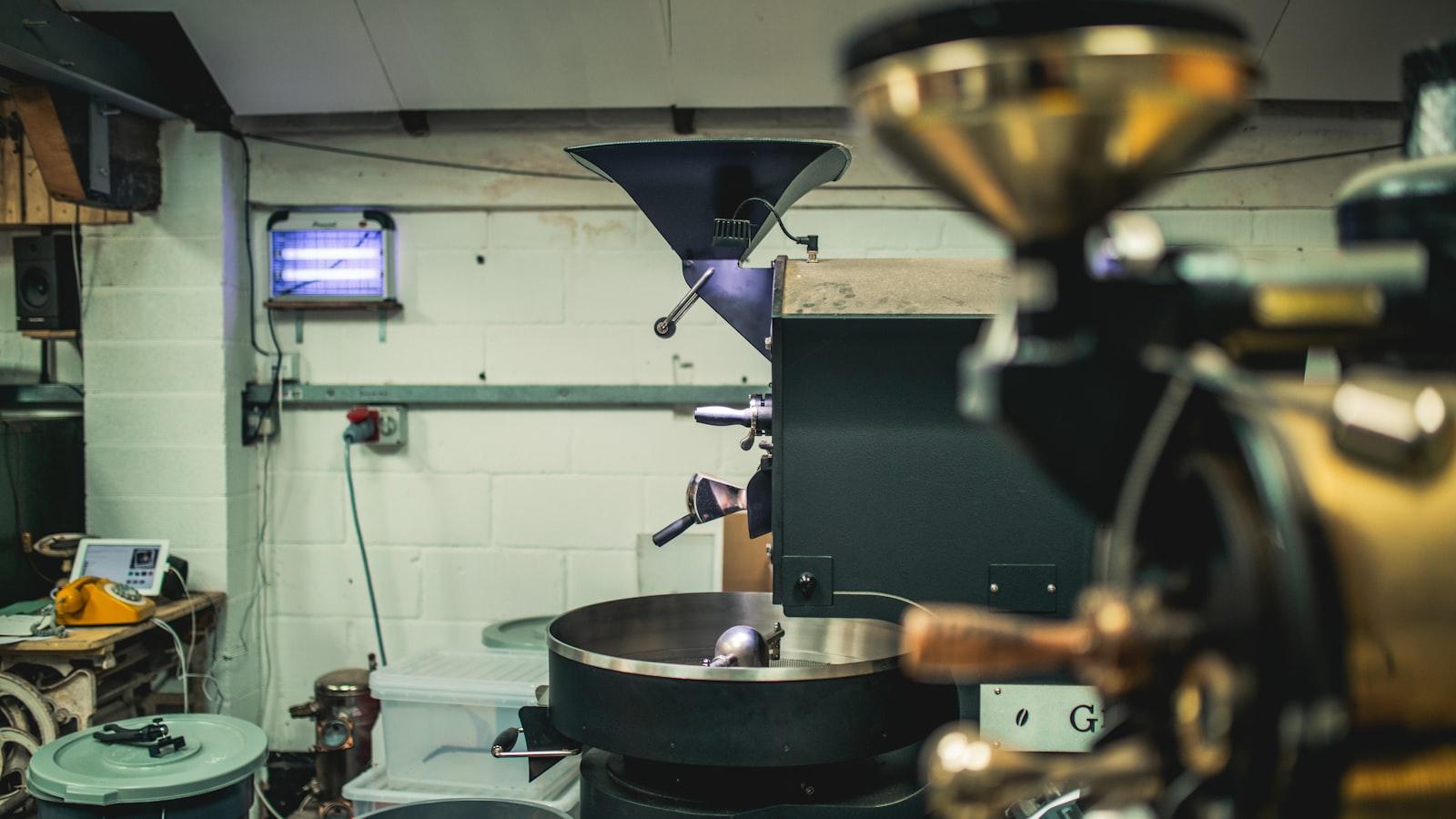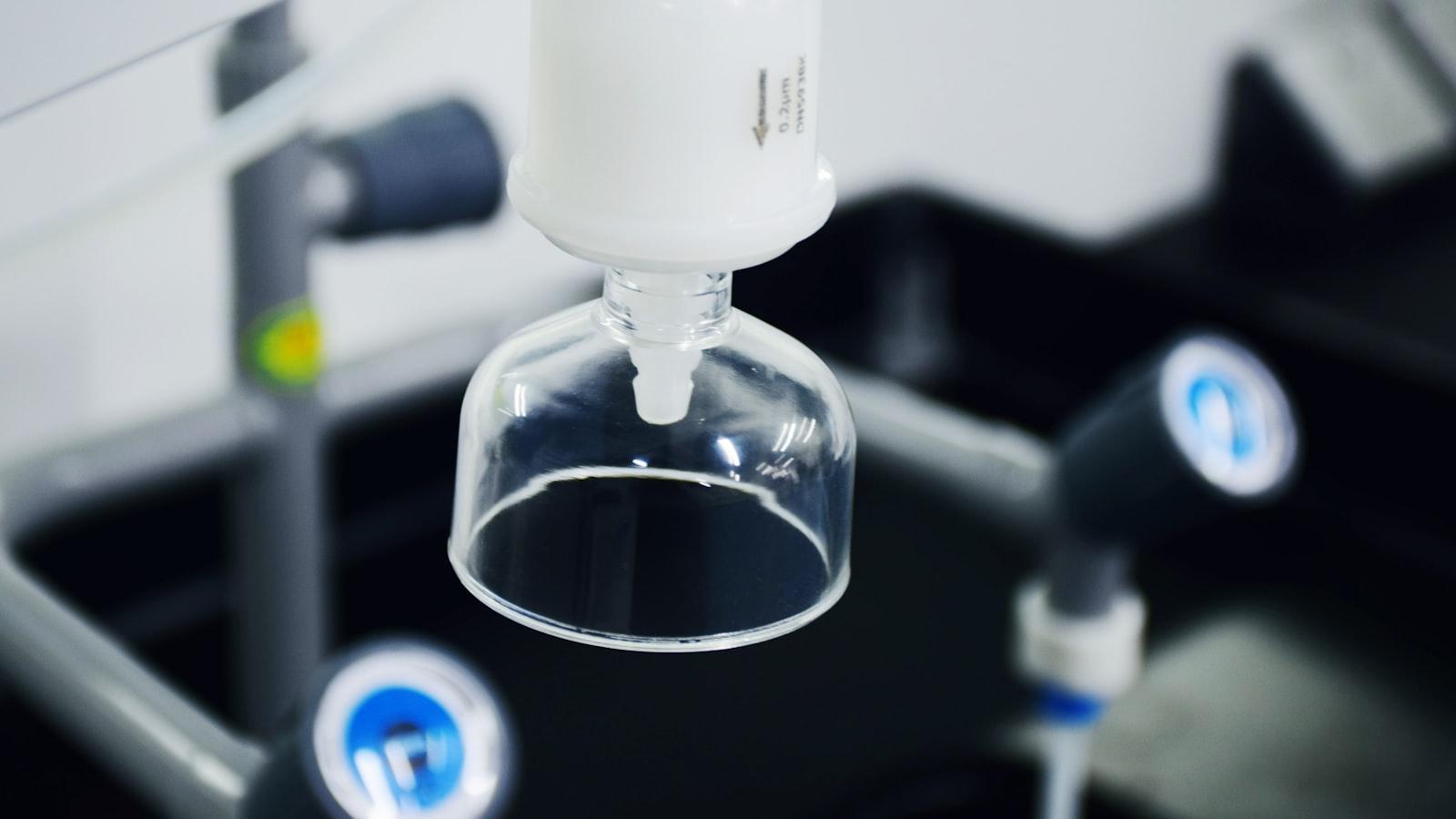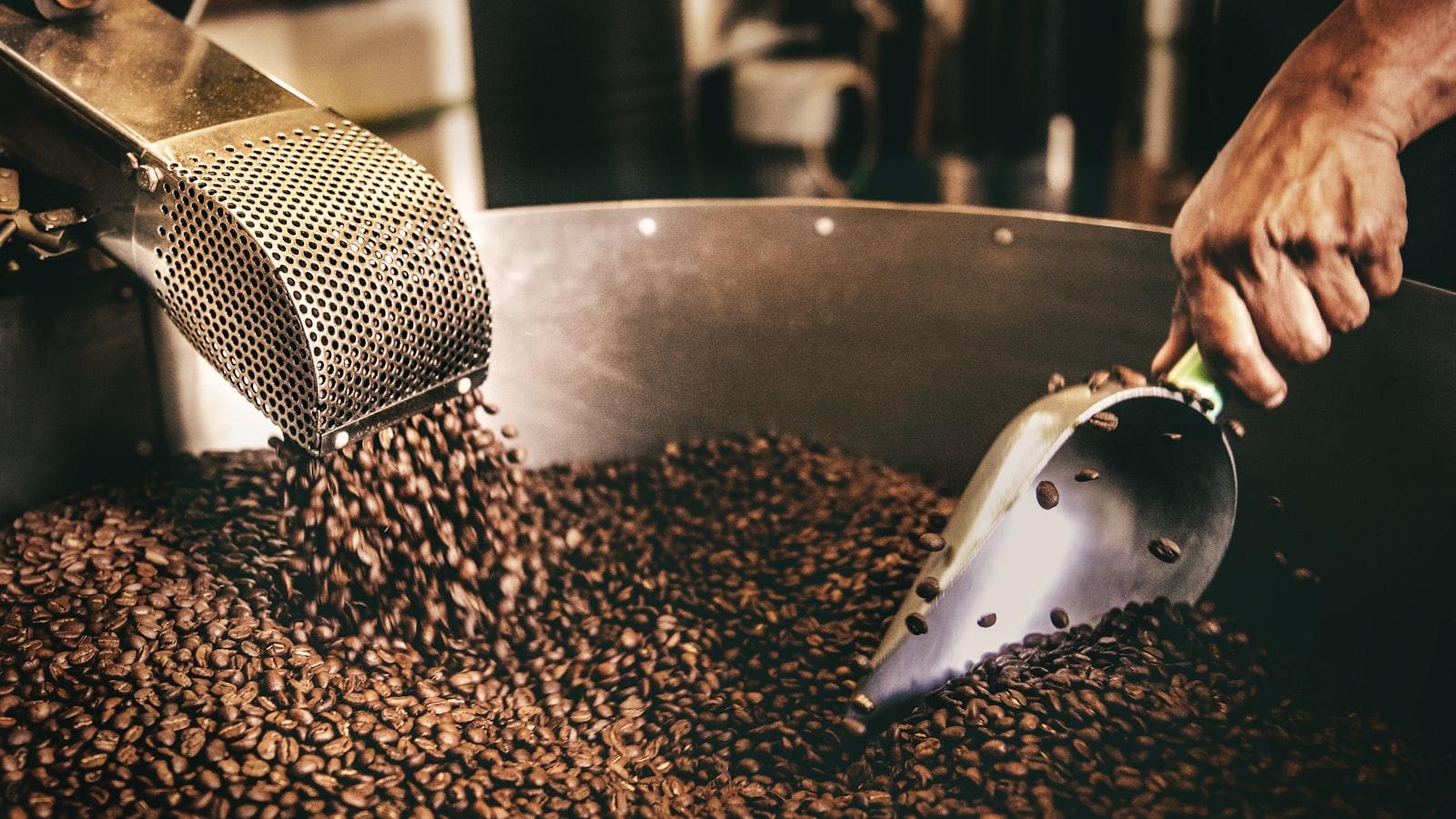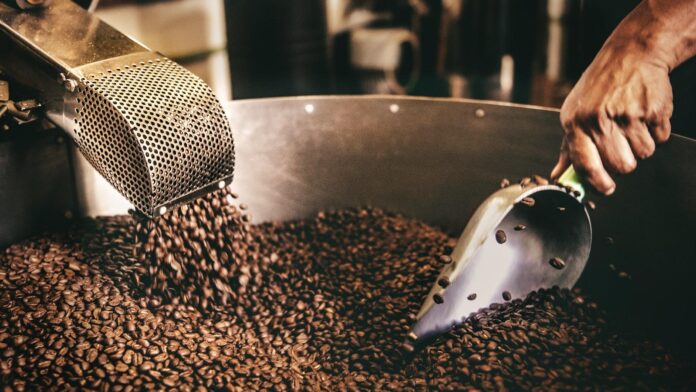Are you a coffee lover who enjoys a great cup of joe but wants to know more about the fascinating process of coffee roasting? In the YouTube video “Coffee Roasting Explained”, the host delves into the basics of how the roasting process impacts taste, the chemistry behind what happens inside the coffee bean, and why roasters use terms like ‘light’, ‘medium’, and ‘dark’. From the different types of roasting machines used by specialty coffee companies to the importance of origin characteristics in creating unique flavors, this video covers it all. Join me as we explore the incredible journey that raw coffee beans take to become the delicious cup of coffee we all love. Let’s dive into the world of coffee roasting and uncover the secrets behind your favorite brew. (upbeat music)
Impact of Roasting Process on Taste

The roasting process has a significant impact on the taste of coffee, leading to the creation of familiar flavors that we all enjoy. As coffee beans undergo the process of roasting, three key characteristics change, influencing the overall taste profile.
-
- Bitterness: The longer the coffee beans are roasted, the darker they become, resulting in increased bitterness similar to dark caramel.
-
- Acidity: Initially, acidity levels rise, peak, and then decrease as the roast gets darker. Some individuals may prefer darker roasts due to reduced acidity, but it is uncommon to find them in specialty coffee as they may lack origin characteristics.
Origin characteristics, including factors like soil type, climate, altitude, and post-harvest processing, play a crucial role in determining the chemistry inside the coffee seed. These unique characteristics contribute to the diverse flavors produced during the roasting process, allowing for a wide range of coffee tastes based on the bean’s origin.
Chemistry Behind Coffee Roasting

Today we’re going to delve into the fascinating world of coffee roasting and explore the chemistry behind it. The roasting process has a significant impact on the taste of the coffee we all love to drink. Starting with raw coffee seeds, the transformation that occurs during roasting is truly astonishing. Raw coffee may not smell or taste great, but through the roasting process, it develops complex and rich flavors that we all enjoy.
During the roasting process, three key characteristics change: bitterness, acidity, and origin characteristics. Bitterness increases as the coffee beans are roasted longer, resulting in a darker color and a more bitter taste. Acidity initially increases, then peaks, and decreases as the roast gets darker. The origin characteristics, influenced by factors such as soil type, climate, and processing methods, play a significant role in the flavors produced during roasting. These factors contribute to the unique and diverse range of coffee flavors we enjoy.
Understanding Roasting Levels: Light, Medium, Dark
When it comes to coffee roasting, understanding the different levels of roasts (light, medium, and dark) is crucial in determining the taste and flavor profile of your coffee. Each roast level brings out unique characteristics and complexities in the beans, making the roasting process a fascinating journey for coffee enthusiasts.
-
- Light Roast: Known for its bright acidity and complex flavors, light roasts are roasted for a shorter period of time, resulting in a lighter color and a more pronounced origin characteristic.
-
- Medium Roast: Strike a balance between the acidity of light roasts and the bitterness of dark roasts, medium roasts are popular for their well-rounded flavor profile and caramelized sweetness.
-
- Dark Roast: With a longer roasting time, dark roasts exhibit a rich, bold flavor with low acidity and a deep, smoky taste. These roasts are ideal for those who prefer a more robust and intense coffee experience.
By understanding the differences between light, medium, and dark roasts, you can choose a roast level that perfectly suits your taste preferences and allows you to explore the diverse world of coffee flavors. Whether you enjoy the bright and fruity notes of a light roast or the rich and bold flavors of a dark roast, the roasting process plays a significant role in shaping the taste of your favorite brew.
Roasting Machines and Daily Maintenance Practices

Today we’re going to dive into the fascinating world of coffee roasting and the essential daily maintenance practices needed to ensure a great cup of coffee every time. The roasting process is key to unlocking the flavors and complexities hidden within raw coffee beans. As the beans undergo transformation inside the roasting machine, they develop the familiar coffee flavors that we all love and enjoy.
Specialty coffee companies use various types of roasting machines to achieve different roast profiles, from light to dark. Understanding the impact of roasting on taste is crucial, as different characteristics such as bitterness, acidity, and origin play a role in the final flavor of the coffee. Daily maintenance practices, such as cleaning the roasting machines, adjusting roast profiles, and monitoring bean quality, are essential to consistently produce high-quality coffee that meets the standards of specialty coffee enthusiasts.
| Roasting Machine | Maintenance Practice |
|---|---|
| Drum Roaster | Cleaning the drum regularly to prevent flavor contamination |
| Air Roaster | Checking air flow for even roasting and adjusting as needed |
| Fluid Bed Roaster | Temperature calibration to ensure consistent roasting |
Wrapping Up
In conclusion, the art of coffee roasting is truly a fascinating process that involves a delicate balance of science and skill. From the transformation of raw coffee seeds to the development of complex flavors, there is so much to appreciate about the journey from bean to cup.
Whether you prefer a light, medium, or dark roast, understanding how the roasting process impacts taste can enhance your appreciation for that perfect cup of coffee. And next time you take a sip, remember the origins of the beans and the meticulous care that went into roasting them to perfection.
So go ahead, brew yourself a fresh cup of coffee and savor every sip, knowing that behind that rich and flavorful brew lies a world of knowledge and passion for the perfect roast. Cheers to the magic of coffee roasting!





